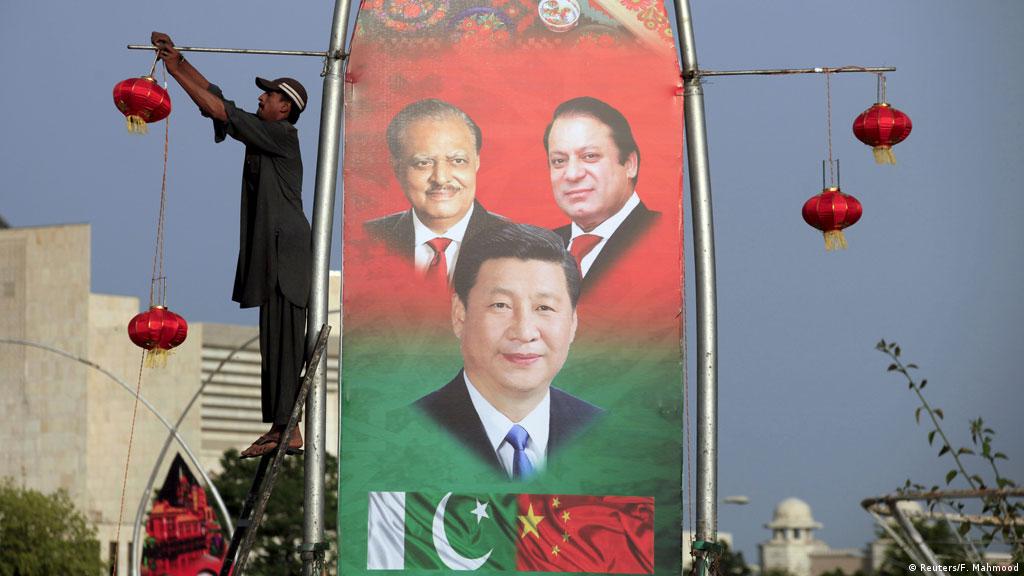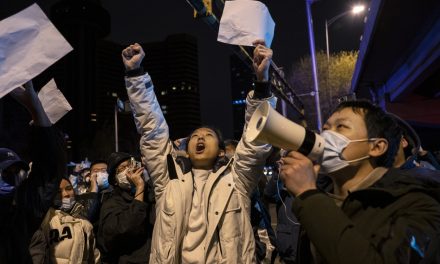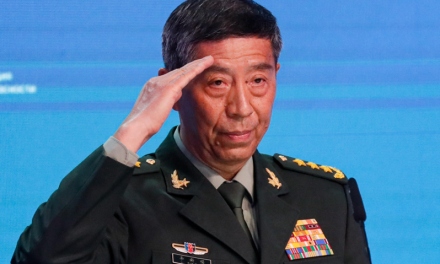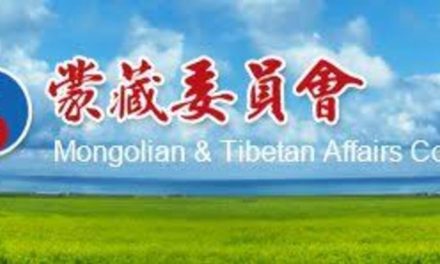– Monday, December 13, 2021
China appears to be using Pakistan for a bilateral arrangement to facilitate unhindered control over Pak domestic media. Disguised as a joint effort to counter a “western smear campaign” and monitor public opinion, the initiative would clearly put China in the driver’s seat.
The two countries reportedly held in September 2021 the first China Pakistan Media Forum to deliberate upon the form of cooperation intended for countering “misinformation” against them. The gathering participants pledged to counter propaganda against their countries through enhanced communication and developing strong coordination by creating the “China-Pakistan Media Corridor.” The Associated Press of Pakistan quoted a Chinese foreign ministry official Hua Chunying stating at the event that her country would work with Pakistan to respond to rumors and disinformation directed against the two countries.
According to the Chinese Ambassador to Pakistan Nong Rong, the two countries were confronting a propaganda campaign, and the members of their media communities should work together to “promote truth, justice and fairness and become a positive force for regional peace and stability.”
However, indications are that China would place a watchdog over Pakistani media, which would have overarching powers in dictating content, presentation and censorship. The proposed institution would monitor public opinion through a network of supporting think tanks and opinion-makers.
Though the body would have representation from both countries, China is more likely to dictate terms through its embassy in Pakistan. The mechanism would cover Chinese media units present in Pakistan, including local Xinhua News Agency (Urdu), Gwadar Pro and the China Global Television Network. Pakistan would also be responsible for establishing a nodal agency, including representations from the Pak Prime Minister Office, Ministry of Information, CPEC Authority, etc.
The planned agency would monitor public opinion and put forward the government’s official stance. It would also be responsible for coordinating inputs from Pak media units, think tanks and opinion leaders for further vetting by Chinese stakeholders.
Analysts assess the latest exercise as a fallout of two major global events of recent years. The first instance was the Chinese mishandling of the coronavirus. The country’s mismanagement of the crisis was exposed to the international community, world bodies and mainstream media. That was a huge setback to China’s ambitions of emerging as a world strategic, industrial and financial superpower. Subsequent production and supply chains malfunctioning even forced the global economy to look for alternative supplier countries. Never before this had China faced such a severe media scrutiny that made it lose a considerable volume of international business.
The second instance has more strategic connotations concerning its control over Pakistan. The failure of China Pakistan Economic Corridor was increasingly visible in front of the international community, including competing countries. Reports of no progress in developing the self-acclaimed grand project under the Belt and Road Initiative were routinely getting published, sometimes even quoting officials and politicians from Pakistan.
Lack of activity in CPEC joint working groups and Joint Coordination Committees, stalled infrastructure projects, stuck Chinese investments in power projects attracted full media glare despite best Chinese efforts for suppressing information. The cracks in the all-weather Pak-China friendship were further exposed when China had to make Pakistan replace its chief of CPEC authority, Asim Bajwa.
Learning from these media failures, the Chinese decided to take things into their own hands by establishing bilateral information authorities. Notably, Chinese media had reported in May 2021 about President Xi Jinping focusing on the need for creating a “trustworthy” image for the country across the globe, a shift from its signature defensive diplomacy. During the Politburo meeting, Mr. Xi had reportedly urged officials to help China “make friends extensively” to garner global support.
The latest move would present China with an institutional platform to direct the media agencies in Pakistan to customize their information outflow as per the requirement and objectives of China.
Additionally, it would serve as a gateway to prevent negative portrayal of Chinese policies and actions. Going forward, the authority is also likely to take social media under its wings. On the other hand, the development provides another insight into the expansionist nation irreversibly firming its grip over the already fragile institutions of Pakistan.
























